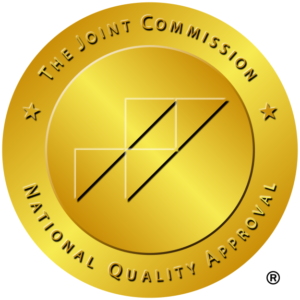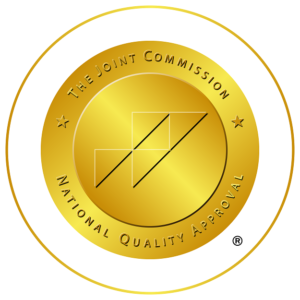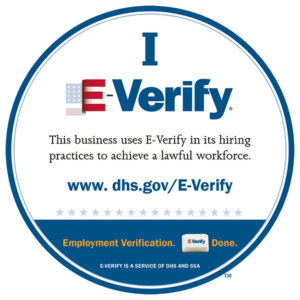Common Career Mistakes to Avoid in Your 20s
Your twenties are a period of personal and professional development. Your twenties are also a time for making errors, which are, for the most part, beneficial! We learn from them, develop from them, and we don’t make the same mistakes twice. However, some Career Mistakes, particularly in your profession, might have long-term consequences, and these are the ones we want you to strive to avoid as much as possible.
We learn from both our own and other people’s Career Mistakes. We know from the start not to copy and repeat other people’s faults, especially when it comes to learning from their blunders. Not all of the faults listed below were made by me; rather, I learned from mistakes made by my colleagues. Avoid these frequent career blunders while you’re still in your twenties, and your professional life will blossom even more.
1. Keeping silent
As a twenties-aged professional, there’s a good possibility you’re among the youngest, if not the youngest, in your office or on your team. As a result, you may be hesitant to speak up.
You may believe that it is ideal to simply sit in meetings and listen rather than engage. You may not want to express your own thoughts and opinions since, after all, who cares? Why should you bother speaking up if everyone in your position believes the same thing? This is something to stay away from. It’s time for you to speak up! They recruited you for a purpose, and you should demonstrate why. Of course, this does not imply that you should argue about everything, but if you have an idea that you believe would help the company, share it!
Your colleagues will forget about you if you remain silent, and they will never take your views seriously. By speaking up, you’re demonstrating to them that you, too, are an expert in your field, that you belong in that meeting, and that you know what’s best for the company. There are books listed below that can assist you!
2. Allowing someone else to make your professional decisions
It’s only natural that everyone seeks career approval from their family or friends from time to time. It’s time to draw the line if you’re allowing someone else to influence you instead of critically assessing and following your own voice of reason. Difficult job decisions create opportunities for introspection and growth, which you don’t want to lose out on! You must first put your brain to work and trust yourself before seeking counsel from a confidant. After all, it is you, not they, who must live with the consequences of your decisions!
3. Sticking to one job
We’re constantly told that changing jobs is a terrible idea. And it can be viewed in a bad light to some extent, especially if you have worked for four different organizations in less than four years. However, your twenties are the perfect time to attempt new things in both your personal and professional lives.
That’s fantastic if you enjoy your work! Find a new one if you aren’t satisfied with your current one. That’s all there is to it! Of course, finding a new job may take some time, but do not settle for a career or position that you do not enjoy.
Starting out in your career is a great opportunity to try out several industries and jobs to determine which ones suit you best and that you enjoy the most. Experiment with new ideas. Try a job you wouldn’t have expected to apply for. It’s now or never. Furthermore, if you are seeking a higher wage, moving jobs is more likely to result in a raise than promotions within the same company. For many people, this is a positive!
4. Being a Know-It-All
There’s a narrow line between being assertive and being overly assertive. If you work alongside coworkers who have been with the company for years, if not decades, know that they are there for a reason. Respect their thoughts and expertise, especially when it comes to business knowledge. Inquire of them and seek their advice. It demonstrates to them that you want to learn and progress.
If you enter a job or profession with the mindset of “I know what I’m doing, I don’t need anyone’s help,” you will fail miserably. When people are asked for their opinion, they are grateful. It demonstrates your regard for them as well as your commitment to the company.
Furthermore, approaching people in this manner makes them more inclined to want to look after you and your professional development. It’s always beneficial to have a mentor, especially someone who can help you navigate your current workplace.
5. No Network
Connections are important no matter where you are in your career. It is critical to the network, whether you are interested in changing fields or being competitive for a promotion or collaboration. Make an effort to be as transparent as possible when putting yourself out there. You will be able to tell the difference!
6. Failure to look for a mentor
Your supervisor could be a mentor, but it shouldn’t stop you from making connections with others who work in fields similar to yours! Mentors can help with a variety of tasks, such as making important introductions and providing support. They’re essential for both personal and professional growth!
7. Refusing to Request a salary hike
You should not be hesitant to request a raise. Supervisors and other superiors are often overworked, and they may not recognize all of your efforts or recall when you last received a raise. It is your responsibility to remind them! As long as you arrive prepared, most managers will respect your initiative and confidence in asking for a raise. It’s crucial to look up the typical income for your position and ask your coworkers about theirs. Prepare to talk about the value you offer to your job by having examples of your efforts available. Know what you’re worth!
Conclusion
Congratulations if you haven’t committed any of these professional sins. Keep up the excellent work! Take the time to adjust your course if you find yourself an unintentional victim of any of these blunders. It’s important to remember that you have the ability to alter and enhance your profession, and it’s never too late!














